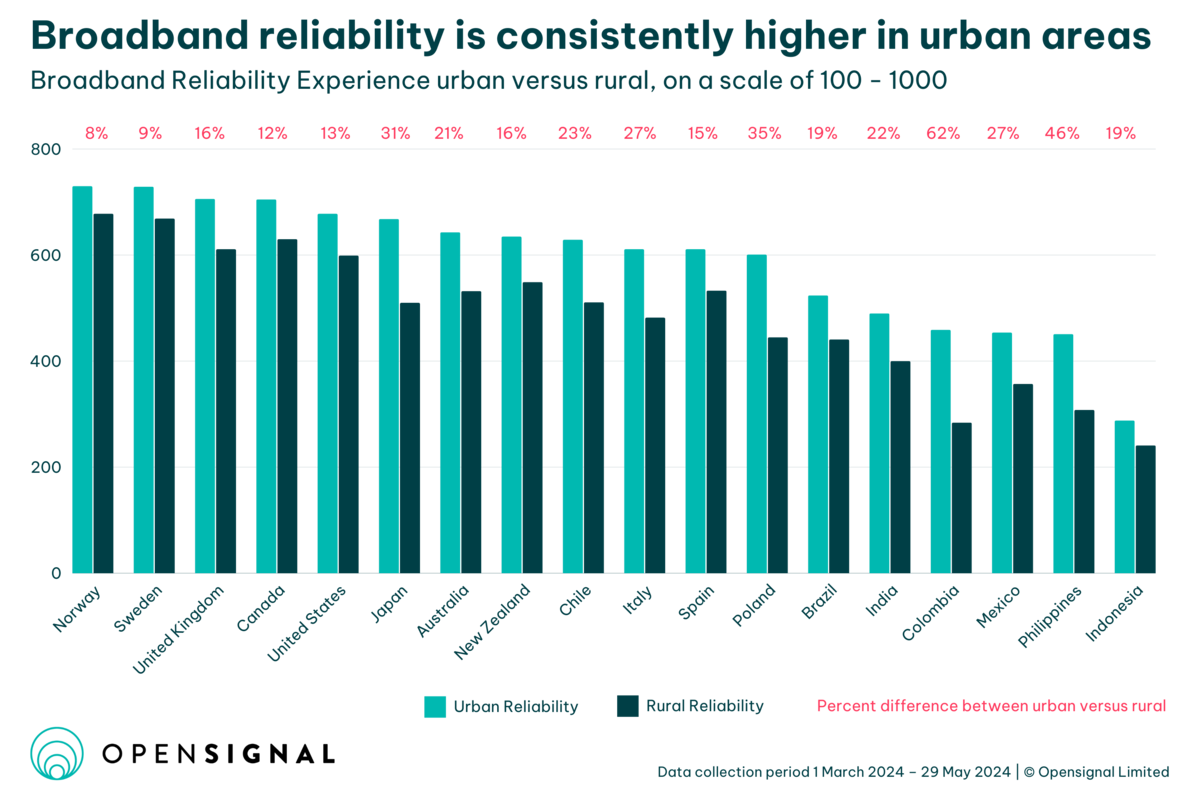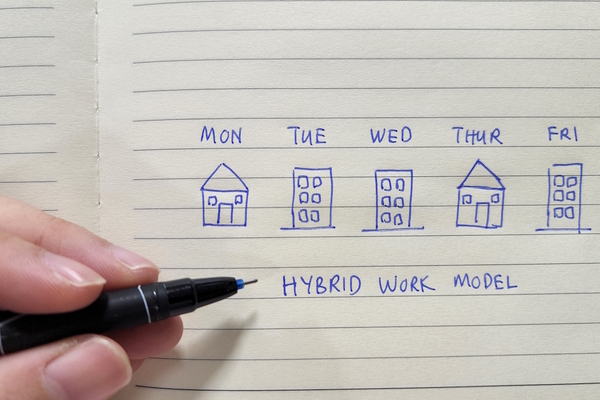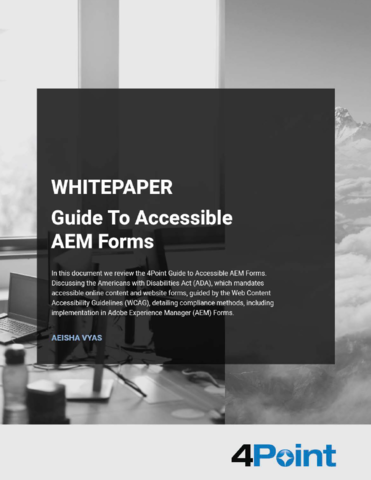For online connections, reliability counts more than speed
Sylwia Kechiche at Opensignal outlines why there’s more to internet connections than speed alone, and explains how the company has developed its new Broadband Reliability Experience metric to achieve this

Organisations with a remote or hybrid workforce are only as good as their employees’ home broadband service. Poor-quality internet connections mean dropped calls, disrupted video meetings and reduced productivity among team members. According to a report by Zen Internet, remote employees can waste up to 30 minutes a day – around 130 hours a year – thanks to poor internet connections.
For many years, end-users have made their broadband purchase decisions based on speed, partly because that’s how internet service providers (ISPs) have marketed themselves. However, in markets where internet connectivity is now close to ubiquitous, such marketing is no longer enough to entice customers to choose a particular ISP. In a survey earlier this year by Deloitte of broadband users in seven European markets, on average around 34 per cent of respondents cited “high reliability and stability” as the most important factor in choosing an ISP, just ahead of “an attractive price” (32 per cent). By contrast, fewer than 10 per cent of those surveyed said that either download or upload speed was their main priority.
A new metric to better judge network experience
Opensignal was founded on the idea that measuring consumers’ experience of the internet would provide carriers with more accurate insight into their network performance. And as we discovered that speed alone was not a predictor of a quality experience, we developed a new way of measuring that experience: Broadband Reliability Experience. Launching the metric earlier this year, Opensignal became the first company to measure users’ real-world experience of broadband in this way.
Our Broadband Reliability Experience metric comprises three components, which are combined to give a score of between 100 and 1,000 points, with higher marks indicating a more reliable and stable experience. These components are:
- Connectivity: we measure how easy it is for households to connect to the internet. While ISPs aim to provide constant connectivity, outages still occur, even in the most sophisticated markets. This component of the metric captures the proportion of time households are without internet access.
- Completion: measures the ability to complete typical tasks, such as streaming video, browsing the web or scrolling through social media. We look at whether users remain connected to the internet throughout the task and have a consistent flow of information.
- Sufficiency: looks at whether the task is performed sufficiently well. This component includes speed thresholds, latency thresholds, jitter and other factors which are prerequisites for a good broadband experience.

Importantly, the Broadband Reliability Experience metric assesses the experience of typical households with multiple connected devices; the average US home now has no fewer than 17. It reflects the typical, everyday scenario where, for example, one person is in a work meeting while others are online doing homework, listening to music or shopping. Understandably, they all want a stable, reliable connection without buffering, lag or dropped connections – and having superfast speed is only one component in the ability to deliver that experience.
When defining our Broadband Reliability Experience metric, we looked at the download speeds needed to fulfil typical tasks. We concluded that 25Mbps was fast enough for most users, with only a small minority engaged in activities such as cloud gaming needing more. Therefore a 25Mbps download threshold is classed as reliable in our metric.
The last mile (or kilometre!) of connection matters
Several other elements impact Broadband Reliability Experience, among them the technology used to deliver broadband to end-users – whether the service is carried either directly to home or premises (FTTH/FTTP) or over fibre to the kerb/cabinet (FTTC) with the final connection made via copper or coaxial cable, fixed wireless access (FWA) or satellite. In the case of the UK, for example, we found that Virgin Media took the top spot for Broadband Reliability Experience, while 5G FWA and satellite providers were at the tail-end of the ranking. The end-user’s Wi-Fi router age and configuration, as well as the package they buy from their ISP, also influence the reliability experience.
Notably, while common sense suggests fibre should deliver a superior reliability experience to other technologies, this isn’t necessarily the case. Spain has invested significantly in FTTH, and is the European leader, with 80 per cent of homes now connected this way. Looking purely through the lens of speed, this investment has paid off, as the country took the European No.2 spot when ranked by broadband download speed.
Yet, in Opensignal’s recent Broadband Reliability Experience report, Bridging the Digital Divide: Unlocking Reliable Broadband for All, Spain came 10th out of the 18 countries analysed, with only a “moderate reliability” ranking. This result highlights how using speed alone as a measure misses a trick.
Metrics that actually matter
Opensignal developed its Broadband Reliability Experience metric to measure the way typical users experience the internet. It shifts the narrative around broadband away from its historical focus on speed onto something more current, that better reflects the complexities of broadband, as people use it in their everyday lives. And our Fixed Broadband reports, which now include a Broadband Reliability Experience score, paint a useful picture of which ISPs can provide the stable, reliable broadband service that millions of internet users need if they are to function as part of an efficient and productive remote team.
Sylwia Kechiche is Senior Director, Industry Analysis at Opensignal, the leading global provider of independent insights into consumers’ connectivity experiences and choice of carrier. Our proprietary insights into mobile and broadband networks give operators the solutions they need to profitably compete and win, from executive-level scorecards and public validation to pinpoint-level engineering analytics and consumer decision dynamics.

Business Reporter Team
Most Viewed
23-29 Hendon Lane, London, N3 1RT
23-29 Hendon Lane, London, N3 1RT
020 8349 4363
© 2024, Lyonsdown Limited. Business Reporter® is a registered trademark of Lyonsdown Ltd. VAT registration number: 830519543





